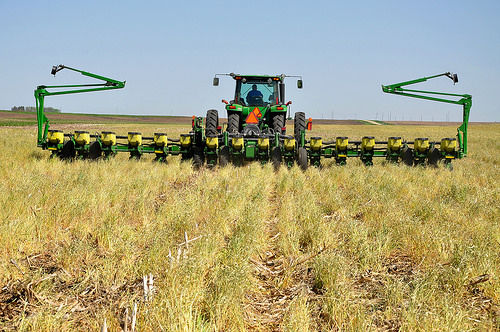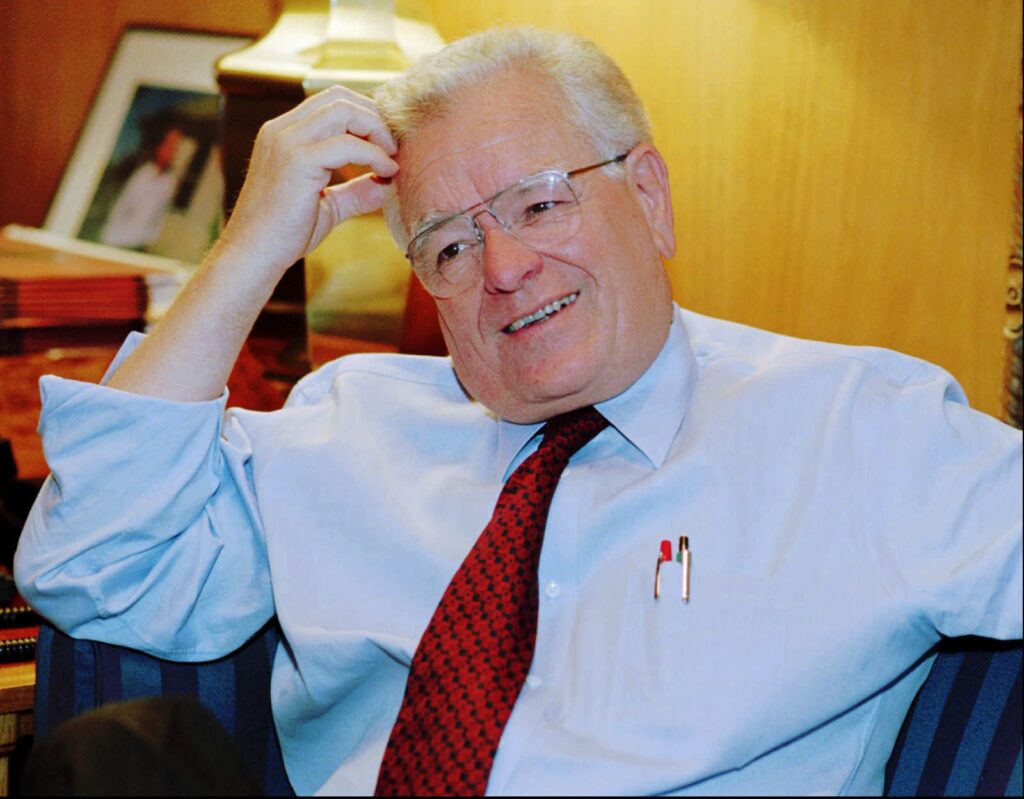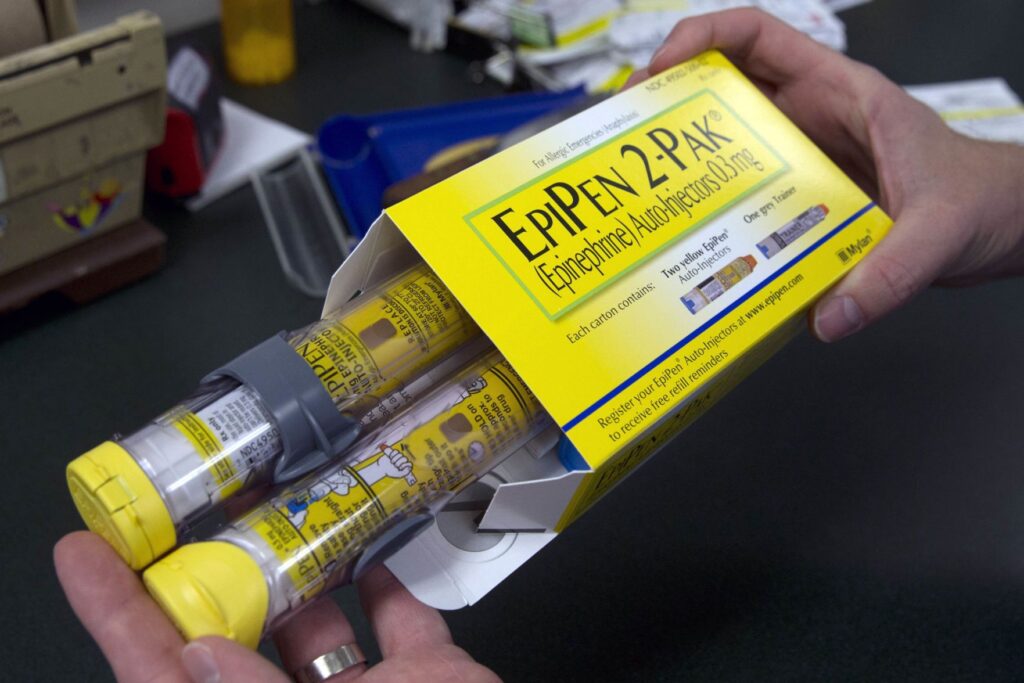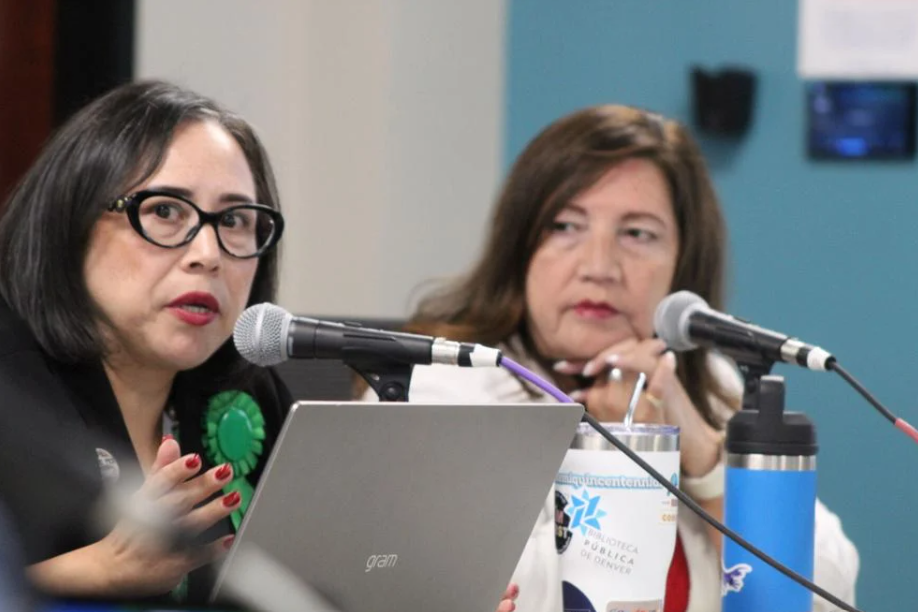CAPITOL M | A young farmer gets woodshedded by older ones; a sip of water humor

Whoa Nellie!
Somebody probably got a little more than he bargained for at the Sept. 27 meeting of the General Assembly’s interim water resources review committee.
Interim water meetings are pretty staid affairs. The committee hears about issues and problems in water and comes up with legislation for the next session.
But the Sept. 27 meeting, which featured a conversation about soil health with a farmer from the National Young Farmers Coalition, turned into something of a whuppin’ for that young man.
It started off well enough. Yosef Camire, who farms 40 acres of vegetables near Peyton, east of Colorado Springs, got to talking about no-till agriculture and how pest-resistance the crops are that come from that. It also reduces irrigation and fertilizer costs, he said.
But no-till comes with a high cost for equipment, he said. The group had hoped to persuade the committee to set up a no-till task force or an incentive program that would encourage farmers to get into no-till.
Camire might not have known it before the hearing, but he certainly knows it now: Out of the 10 members on the committee, six are farmers and ranchers or have ties to the industry.
No-till is not a new concept. It basically begins with planting the seed in a hole – sometimes by airplane, as was mentioned by Republican Rep. Marc Catlin of Delta – rather than doing it through tilling the land first. It dates back to the Dark Ages and has become more popular in the last, oh, 80 years or so, long before Camire or even any member of the committee was born.
“Farmers are smart; they’re going to make all the advantageous decisions about their operations,” said Democratic Rep. Jeni James Arndt of Fort Collins. What role would the legislature have in this? she asked, pointing out that farmers are the original conservationists.
That’s where Camire stepped in it. The answer is education, he said. “The majority of ag producers don’t even realize that soil is even alive. Soil is alive. There’s a difference between soil and dirt. We live in a chemically-controlled, system-oriented approach to agriculture that is widespread. There’s nothing I’m aware of that’s government-sponsored to get that education out there.”
Then Arndt asked about the role of the CSU Extension Service and he stepped in it again. “They do not encourage this style of agriculture,” Camire said, and that added, somewhat haltingly. “They’re not even aware you can do no-till.”
That was enough for the ag people on the committee, with a whuppin’ started off by Republican Sen. Don Coram of Montrose. “I appreciate your passion,” he told Camire. The farmers and ranchers he deals with “have a doctorate in the school of hard knocks, and I don’t know any of them who aren’t the best conservators of their land. …We take care of our land and proud of what we do.”
Catlin said the idea that the message isn’t getting out “falls a little short” given the efforts of the Extension Service as well as the Natural Resources Conservation Service.
“Every farmer is an experimenter and a scientist. We need help, not orders” from the government, Catlin told Camire.
Democratic Sen. Kerry Donovan of Vail tried to smooth things over a bit, but even she pointed out to Camire that “you could see the body language” as he made his remarks. “It got our hackles up a bit,” she said.
But it was Republican Sen. Jerry Sonnenberg of Sterling who took a piece out of Camire’s … well, you know.
“All the ag schools have been pushing for no-till for years, and to make the statement that they don’t know about no-till, and to make the argument or assume farmers are not going in that direction is ludicrous,” Sonnenberg said. “Soil health has been an issue for farmers and ranchers for centuries. Farmers and ranchers do everything they can to make the soil better next year. To make the argument that farmers are too stupid to recognize that there are microorganisms or that soil is alive, I became offended,” he said.
Sonnenberg had more to say but said he would stop, which was probably a good thing, given that he’s running for re-election.
Republican Rep. Lori Saine of Firestone wrapped it up. “A lot of what you said is beneficial, but as you can see from the responses, you might want to change the tone of your delivery.”
Capitol M would not bet the farm on a bill next session on incentives for no-till from the water committee.
A little Pueblo brag
During a presentation before the water committee on the Arkansas River conduit, a 130-mile pipeline that would bring clean drinking water to the Lower Arkansas River Valley, Democratic Rep. Daneya Esgar of Pueblo couldn’t help but brag about the taste of Pueblo drinking water. The city’s water won an award for taste in September from the American Water Works Association competition for municipal water in the Rocky Mountain region.
It produced this quip from Coram: “We flavored that water” before sending it from the Western Slope, he said.
Given that Coram is now into hemp production, Capitol M is NOT going to ask what his water gets flavored with.
Water committee humor, part two
During a discussion on bills the committee will sponsor in the 2019 session, one came up regarding changing the boundaries of the Republican River water conservation district, which is on Colorado’s Eastern Plains. Democratic Sen. Matt Jones of Boulder suggested an amendment to the bill to change the river’s name to the Democratic River.
Quipped Sonnenberg: “As much trouble as we’ve had with this river in the last 10 years, I’m willing to help you change the name of that river!” (The river has been the subject of lawsuits between Colorado and Kansas for years.)
Donovan was ready with her own comeback: “When the Republican River flows into the Arkansas, we have waters from Mount Democrat” also flowing in. “Maybe that should be called the bipartisan confluence,” she joked.













